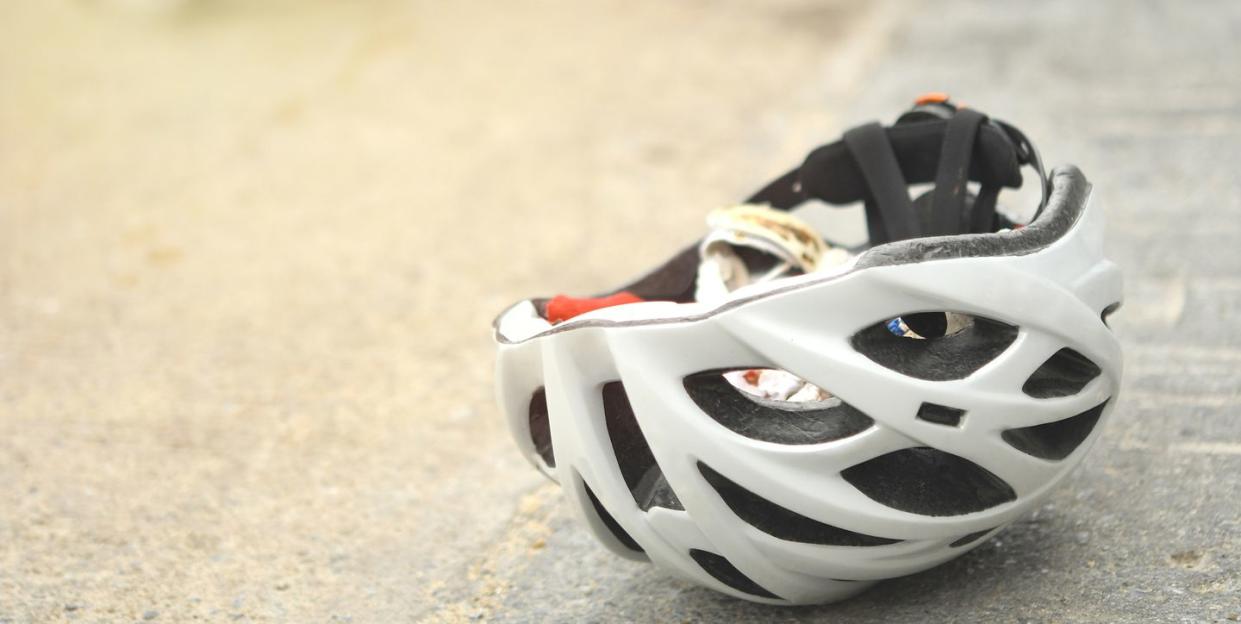Study Shows That Girls Seek Concussion Care Later, Then Suffer Longer Than Boys

• Girls who suffer a sports-related concussion get specialty care nearly a week later on average than their male peers, according to a study published in the Clinical Journal of Sport Medicine.
• Girls, on average, recover more slowly than boys following concussion, likely due to delayed treatment, which can cause significant delays in recovery.
• When girls and boys get specialty concussion care within seven days of their injury, their recovery time is the same.
When girls get concussions, they often suffer more symptoms and prolonged recoveries compared to their male peers, something that the scientific community has blamed on weaker neck muscles and hormonal differences. But a new study suggests that while those factors can play a role, the real culprit may be that girls get significantly delayed concussion care.
The research, which was published in the Clinical Journal of Sport Medicine, examined the medical records of 192 kids, 75 girls and 117 boys, between the ages of 7 to 18 years, who had suffered a sports-related concussion.
The girls took longer than the boys to make a full recovery in multiple key areas: They returned to school later (four days versus three days). They took nearly twice as long to get back to exercising (13 days versus seven days). Their neurocognitive recovery, which includes motor, cognitive, language, and other psychological impairments, lagged far behind the boys (68 days versus 40 days). They had much later vision and balance recovery (77 days versus 34 days). And it took them two and a half times longer (119 days versus 45 days) to get back playing to their sport.
The girls also took nearly a week longer to seek specialized care, which the researchers believe is root cause of all the other delays in their recovery.
The boys in the study sought specialty concussion care in an average of nine days. The girls, on the other hand, took an average of 15 days to see a concussion specialist. That’s a problem, because sports concussion research shows that delaying specialized care by more than a week has been associated with prolonged recovery times.
In fact, when the researchers filtered the data and focused only on the boys and girls who had sought specialty concussion care within the first seven days of injury, the differences between the males and females on all the outcomes disappeared.
“There is speculation in the scientific community that the reasons adolescent female athletes might suffer more symptoms and prolonged recoveries than their male counterparts include weaker neck musculature and hormonal differences,” says senior author Christina Master, M.D., a pediatric and adolescent primary care sports medicine specialist and senior fellow at CHOP’s Center for Injury Research and Prevention said in a press release.
“We now see that delayed presentation to specialty care for concussion is associated with prolonged recovery, and that is something we can potentially address,” Master said in the release.
As programs like NICA GRiT (girls riding together), Little Bellas, and others are getting more girls on bikes, more girls are going to tumble from their bikes. And though the rate of concussion is relatively low, a recent survey shows that it’s still the third most common injury in amateur mountain bikers and females sustain three times as many concussions as their male peers.
[Find 52 weeks of tips and motivation, with space to fill in your mileage and favorite routes, with the Bicycling Training Journal.]
If someone takes a hard hit to the head, go get them checked for a concussion, athletic trainer Tamara C. Valovich McLeod, Ph.D., a writer on the National Athletic Trainers’ Association (NATA) Position Statement on the Management of Sport-Related Concussion told Bicycling.
Though every concussion is different, there are some red flags to watch out for. These include: headache, loss of consciousness, amnesia, fogginess, nausea, rapid and/or severe mood swings, unsteadiness, slowed reaction times, irritability, and drowsiness.
Should you suspect a concussion, McLeod recommends being evaluated by a healthcare provider who specializes in concussion treatment. “Go to a concussion specialty clinic. If you don’t know where one is, you can Google ‘concussion specialist near me,’” she says. They’ll know the symptoms to look for and be able to provide the proper protocol for the fastest and safest recovery, no matter your gender.
You Might Also Like

